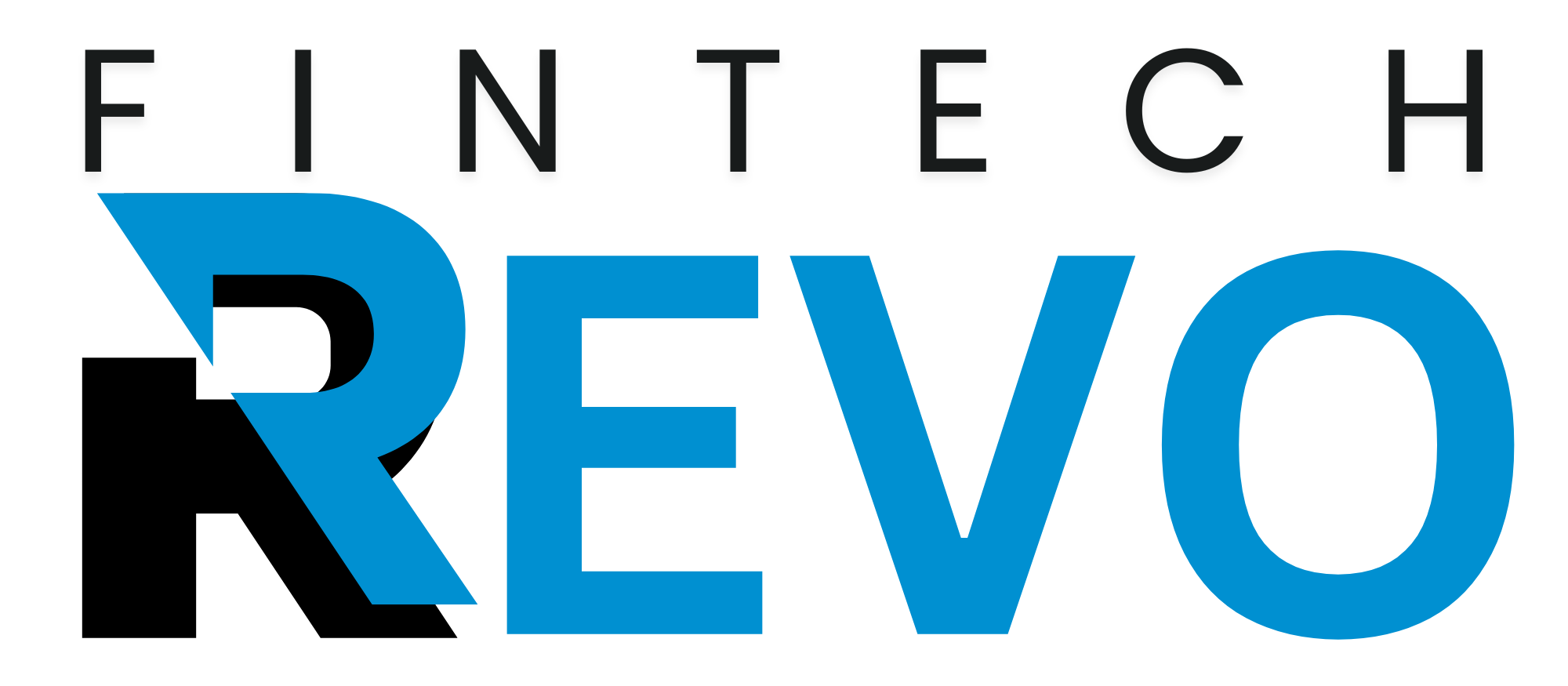What Is a Crypto Mining Business Code?
A crypto mining business code is a classification number used by the IRS (Internal Revenue Service) or similar tax authorities to identify the type of business activity a company performs. In the United States, this code comes from the North American Industry Classification System (NAICS) and helps determine how a business should report its income, expenses, and taxes.
In simpler terms, this code tells tax agencies that your company earns revenue by verifying cryptocurrency transactions, maintaining blockchain networks, or operating mining rigs. Having the correct code ensures compliance and helps you access deductions related to equipment, utilities, and depreciation.
For crypto miners, the most common code used when filing taxes is NAICS 212299 – All Other Metal Ore Mining, although depending on business structure and scale, some use 518210 – Data Processing, Hosting, and Related Services.
Why the Business Code Matters for Crypto Miners
Using the right classification isn’t just a bureaucratic detail — it can affect how much tax you owe and what deductions you qualify for. The IRS doesn’t have a crypto-specific code, so miners must select the closest option based on their business activities.
Here’s why it matters:
- Tax Compliance: The code determines how your income is reported and what category your deductions fall under.
- Business Recognition: It defines your company in government and financial databases, which can affect credit applications and licensing.
- Audit Protection: Having an accurate classification reduces the risk of red flags during IRS audits.
- Benchmarking: The code helps compare your financial performance to similar businesses in the same industry.
Let’s look deeper into the available options and how miners can select the right one.
IRS Classification and the Crypto Mining Code
The IRS hasn’t officially designated a single business code for cryptocurrency mining. Instead, miners select one that best fits their operations. When filling out Schedule C (for sole proprietors) or business tax returns, you’ll find a box labeled Principal business or professional activity code.
Below are some codes that crypto miners often use depending on the nature of their business:
| Activity Type | NAICS Code | Description |
| Small-scale crypto mining (home-based) | 212299 | All Other Metal Ore Mining – commonly used for individuals mining digital assets as a business |
| Data center or mining farm | 518210 | Data Processing, Hosting, and Related Services |
| Mining software or algorithm development | 541511 | Custom Computer Programming Services |
| Mining equipment manufacturing | 333242 | Semiconductor Machinery Manufacturing |
| Cloud mining or hosting service | 518210 | Data Processing and Hosting |
This flexibility allows miners to choose the most relevant description. However, 212299 remains the most widely used code by individual or small-scale operators who mine cryptocurrency directly.
Determining Whether You Qualify as a Business
Before selecting a business code, it’s crucial to establish whether your mining activity qualifies as a business in the eyes of the IRS. If you mine only occasionally as a hobby, you fall under different tax treatment.
The IRS distinguishes between a hobby and a business based on several factors:
- Profit Motive: You intend to make a profit, not just earn digital coins casually.
- Regular Activity: You engage consistently, keeping records, tracking expenses, and monitoring performance.
- Professional Conduct: You treat mining as a legitimate enterprise with equipment, contracts, and possibly employees.
If these criteria apply, you can classify your operation as a business and use the relevant business code when filing taxes.
How the IRS Views Crypto Mining Income
Crypto mining income is treated as self-employment income. The moment a miner successfully verifies a transaction block and earns cryptocurrency rewards, the fair market value of those coins (in USD at the time received) counts as taxable income.
You’ll then need to report it under your chosen business code, along with any related expenses such as:
- Electricity and utilities
- Hardware and equipment
- Repairs and maintenance
- Internet services
- Hosting fees (for cloud mining)
- Software and licenses
- Depreciation of rigs and GPUs
Later, if you sell the mined coins, you’ll also pay capital gains tax on any profit from their appreciation.
Real-Life Example: How Business Code Affects Reporting
Let’s say you operate a small mining setup with multiple GPUs, running around the clock in a home office. You earn $40,000 worth of cryptocurrency in a tax year and spend $20,000 on power, cooling, and equipment.
Using business code 212299 (All Other Metal Ore Mining), you file a Schedule C, report $40,000 as gross receipts, and deduct $20,000 as expenses. You’ll then pay self-employment tax on the $20,000 profit.
If you run a larger operation renting space in a data center, your setup might align better with 518210 (Data Processing, Hosting, and Related Services) since your business resembles an IT infrastructure service.
Choosing the Right Business Code for Crypto Mining
When deciding which code to use, consider the nature and scale of your operation.
For Small or Independent Miners
- Use 212299 if your focus is on validating blockchain transactions and earning coins directly.
- Maintain accurate logs of your mining rewards and expenses.
- Keep track of the fair market value of your crypto at the time you receive it.
For Professional Mining Farms or Hosting Providers
- Use 518210 if your business involves hosting multiple mining clients or providing infrastructure for others.
- This classification better represents large-scale operations, especially if your revenue comes from hosting services rather than direct mining rewards.
For Software-Focused Mining Operations
- Use 541511 if your revenue mainly comes from developing or managing mining software, tools, or automation systems.
- This is ideal for companies building custom blockchain scripts or mining algorithms.
Common Mistakes Miners Make with IRS Business Codes
Many first-time filers make errors that could trigger audits or cause them to miss out on deductions. Here are frequent mistakes to avoid:
- Selecting “None” or Leaving the Field Blank – Every business must have an appropriate classification code.
- Using Retail or Financial Service Codes – These do not reflect mining activities and can misrepresent your business.
- Reporting Hobby Income as Business Income – Only classify as a business if you operate regularly with a profit motive.
- Overlooking Depreciation – Mining equipment loses value quickly; deducting depreciation can significantly reduce taxable income.
Understanding Depreciation and Write-Offs
Depreciation is one of the most valuable deductions for miners. GPUs, ASICs, and other equipment generally qualify under Section 179 or bonus depreciation, depending on cost and usage.
For example:
- A mining rig worth $10,000 can be written off over several years.
- If you use it exclusively for your mining business, you can claim full depreciation.
- If used for both personal and business purposes, deductions must be prorated.
Documenting every purchase and electricity bill ensures compliance and maximises savings.
Crypto Mining as a Registered Business Entity
Registering your operation can provide additional benefits. Many miners move beyond hobby status and formalise their businesses as:
- LLC (Limited Liability Company) – Offers liability protection and flexible tax treatment.
- S Corporation – Suitable for larger setups aiming to reduce self-employment taxes.
- C Corporation – For mining farms with multiple investors or large capital equipment.
Regardless of structure, your business code remains a key part of tax filings, licensing, and record keeping.
Example Breakdown of Filing Information
| Business Type | Typical IRS Form | Recommended Code | Common Deductions |
| Solo miner | Schedule C (Form 1040) | 212299 | Electricity, depreciation, hardware, software |
| Mining company (LLC/S-Corp) | 1120-S or 1120 | 518210 | Hosting, payroll, lease, maintenance |
| Cloud mining service | Schedule C or 1120 | 518210 | Server costs, software licenses |
| Mining software development | Schedule C or 1065 | 541511 | Development tools, programming costs |
The IRS and Crypto Mining: Compliance Essentials
While blockchain operations are decentralised, tax obligations are not. The IRS requires all crypto-related income to be reported accurately.
To stay compliant:
- Keep detailed records of every mining payout, including date and market value.
- Use crypto accounting tools like CoinTracking or Koinly for transaction logs.
- Separate personal and business wallets.
- Maintain receipts for hardware purchases and energy costs.
- File quarterly estimated taxes if you expect to owe more than $1,000 in self-employment tax.
Remember, failing to report mining income or using the wrong code can lead to penalties.
Explore more on https://fintechrevo.com/
Beyond the IRS: International Classification for Crypto Businesses
Outside the United States, other countries also use classification systems similar to NAICS. For example:
- United Kingdom: Uses the SIC (Standard Industrial Classification) code. A crypto mining business often falls under 63110 – Data Processing, Hosting, and Related Activities.
- Canada: Operates under the NAICS Canada system, where 518210 is again a common match.
- European Union: May classify miners under 63.11 – Data Processing, Hosting, and Related Activities in the NACE system.
Choosing the equivalent code in your jurisdiction ensures consistency for accounting and tax purposes.
Practical Tips for New Crypto Miners
If you’re starting out, here are a few steps to set up your mining business properly:
- Register Your Business Name – Even small miners can benefit from a registered entity for legal clarity.
- Apply for an EIN (Employer Identification Number) – Required for tax filings.
- Open a Separate Business Bank Account – Keeps personal and business finances distinct.
- Track Power Usage – Electricity is often your biggest cost and deduction.
- Maintain Accurate Logs – Include dates, times, and transaction IDs for every mining reward.
- Consult a CPA – Work with a tax professional familiar with digital asset taxation.
Future Outlook for Crypto Mining Classification
As digital assets continue to gain regulatory recognition, it’s likely that the IRS and NAICS will eventually assign a dedicated classification to cryptocurrency mining and blockchain infrastructure services.
Until then, miners must use the most relevant existing category. Given the growth of large-scale facilities in places like Texas and Kentucky, the line between data processing and mining continues to blur. This reinforces why the correct classification — and consistent reporting — is essential.
Wrapping Up
A crypto mining business code helps the IRS identify your primary activity for taxation and compliance. While there’s no dedicated code yet, 212299 (All Other Metal Ore Mining) and 518210 (Data Processing, Hosting, and Related Services) are the most widely accepted.
Choosing the right classification ensures accurate reporting, maximises deductions, and demonstrates that your mining operation functions as a legitimate business.
Whether you’re running a few rigs at home or managing a large-scale data centre, treating your mining as a structured enterprise — with records, separate accounts, and proper business coding — protects your financial future and strengthens your credibility in the growing crypto industry.
FAQs
Do I need to register a legal entity to start a crypto mining business?
While it’s not mandatory to register a company to mine cryptocurrency, doing so can offer advantages like tax benefits, limited liability, and easier access to business banking. Many miners register as an LLC or sole proprietorship to separate personal and business finances, making tax filing cleaner and more compliant.
What happens if I use the wrong business code when filing taxes?
Using an incorrect business code can misclassify your operations and potentially trigger IRS scrutiny. It may lead to incorrect tax treatment or loss of eligible deductions. If you’ve filed with the wrong code in the past, you can amend your return or update the classification with the IRS in future filings.
How can I estimate electricity expenses for tax deductions?
If you mine from home or a rented facility, track your energy consumption with a power meter or use your utility bills to calculate the mining-related portion. You can deduct the percentage used exclusively for mining, provided you maintain records showing consistent business usage.
Are crypto mining rewards taxed when earned or when sold?
Mining rewards are taxed at the time they’re received, based on their fair market value in U.S. dollars. If you later sell or exchange those coins at a different price, the difference creates a capital gain or loss. Both events — earning and selling — have separate tax implications.
Can I claim deductions for equipment purchased with cryptocurrency?
Yes, as long as the purchase is directly related to your mining business. You’ll need to record the fair market value of the cryptocurrency used at the time of purchase and include it in your expense records. This ensures compliance and accurate calculation of depreciation and write-offs.


